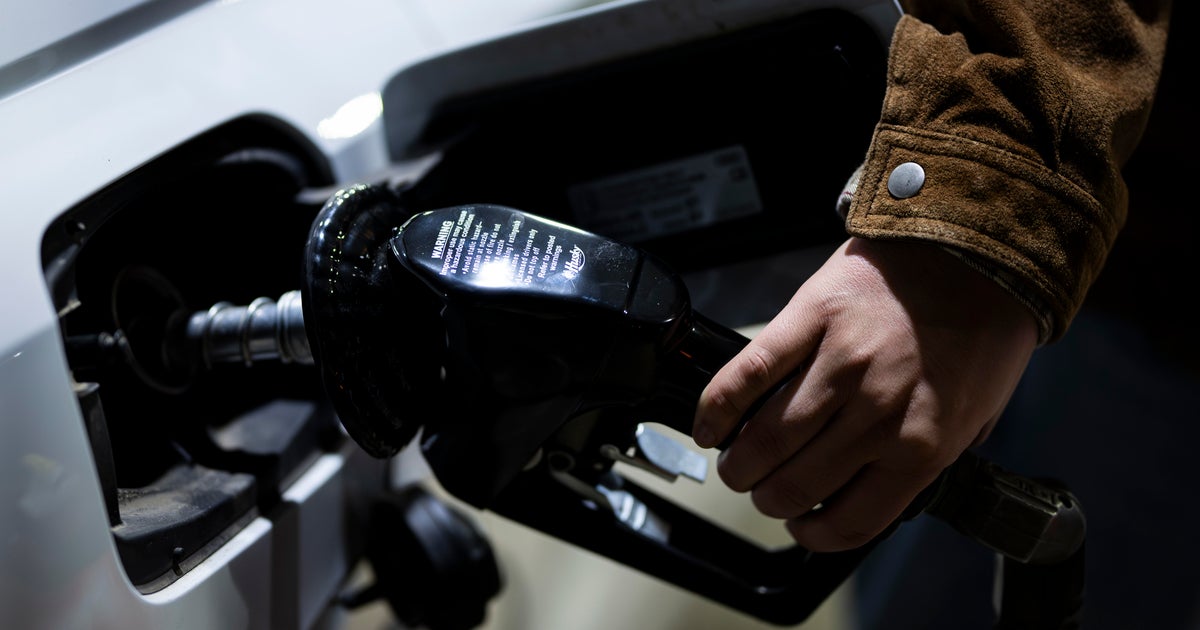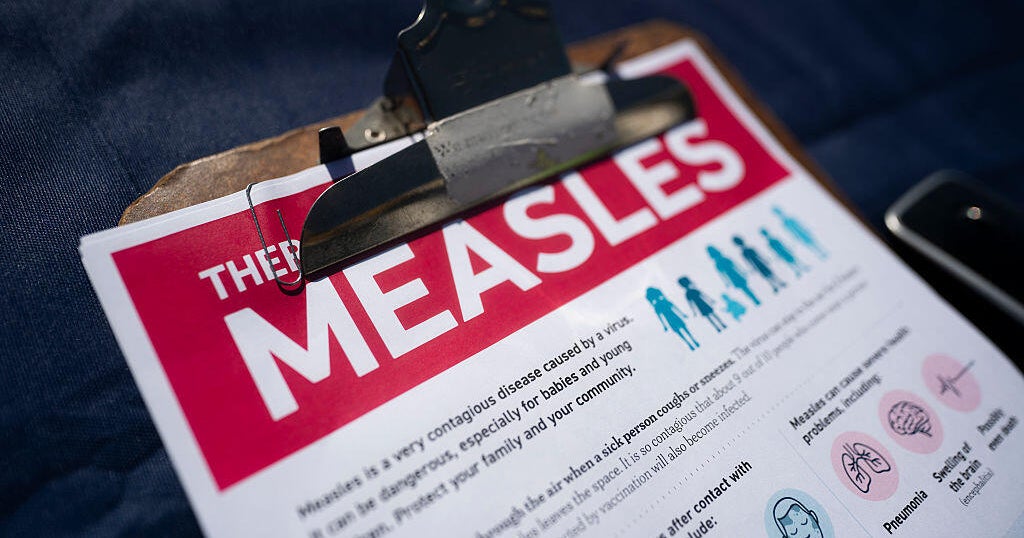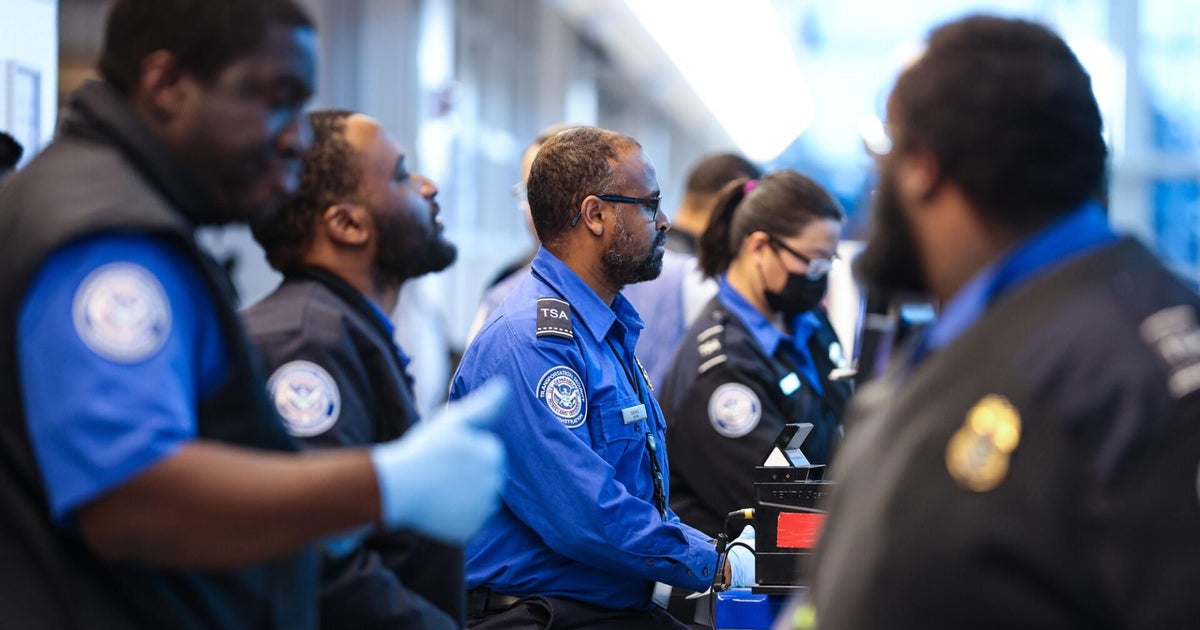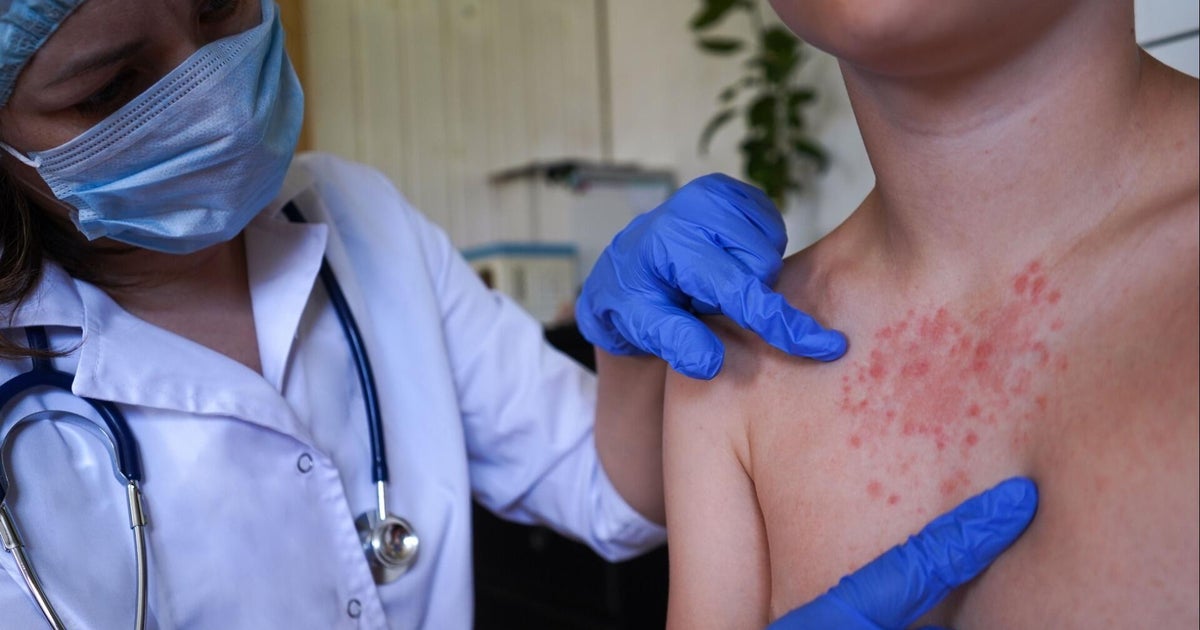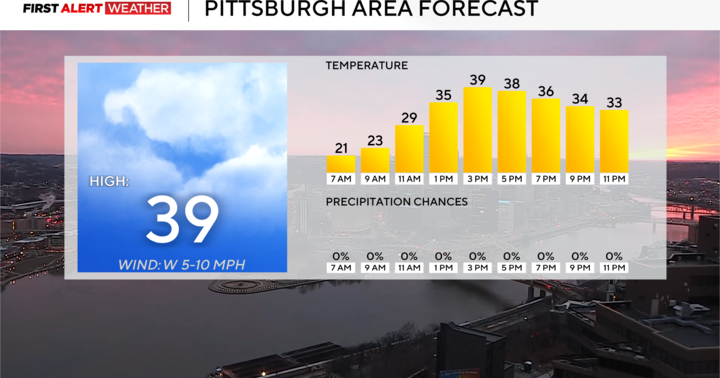Researchers studying link between breast cancer and alcohol
NEW YORK - Researchers at Johns Hopkins Kimmel Cancer Center in Baltimore, Maryland are studying the link between breast cancer and alcohol. Drinking could increase the chances of cancer for women of all ages, but scientists are now trying to pinpoint why and who might be most impacted.
"We're looking at how the alcohol alters our DNA," said Dr. Cynthia Zahnow, a breast cancer survivor herself, and a researcher at Johns Hopkins. "The reason we're doing that is we'd like to know who's at risk."
The American Cancer Society said women who have one alcoholic drink a day have a seven to ten percent increase in risk. Women who consume up to three drinks a day have a twenty percent higher risk. While cancer prevention guidelines caution it's best not to drink alcohol, it's recommended that women limit their intake to no more than one drink a day.
Zahnow is studying tissue of patients whose drinking history is known. She's hoping to identify a specific marker that could help determine which women should limit or refrain from drinking.
"I want to raise awareness for my daughter and for other women just to know this is one thing we can change," she said.
Metastatic breast cancer patient Jessica Butkera of Washington D.C. said her second diagnosis in 2021 caused her to pay extra close attention to diet and lifestyle.
"I started reevaluating any negative vices that all of us have," said Butkera.
She now stocks her refrigerator with alternatives to alcohol and indulges with extreme moderation.
"It's just being intentional and deliberate and a lot more aware," said Butkera whose cancer is responding to treatment.
Dr. Zahnow urges women to be mindful of how much they drink and how often. She says younger women may be especially vulnerable, because breast tissue is most sensitive to environmental exposures from the start of menstruation to first pregnancy.
